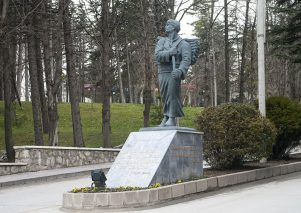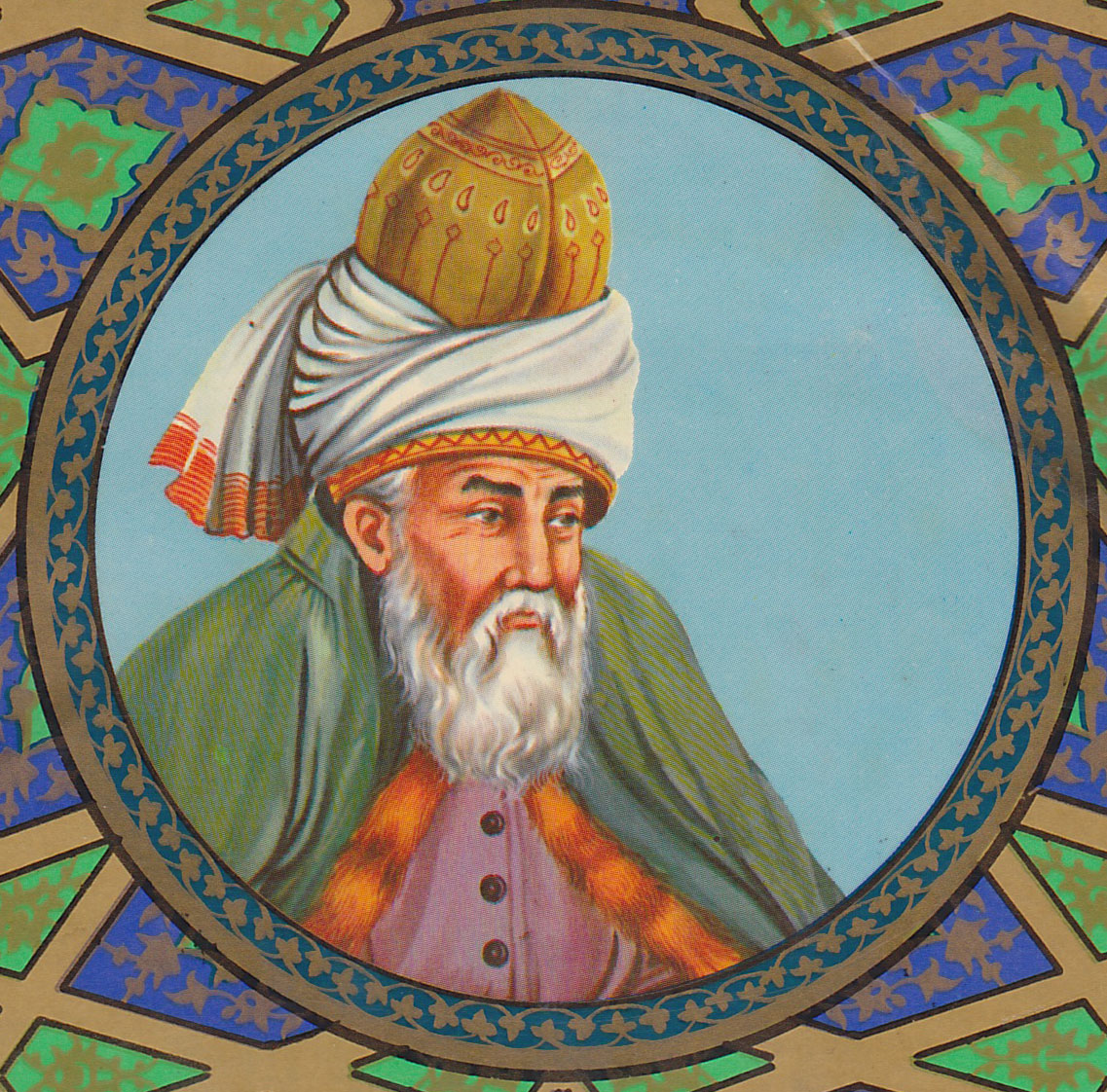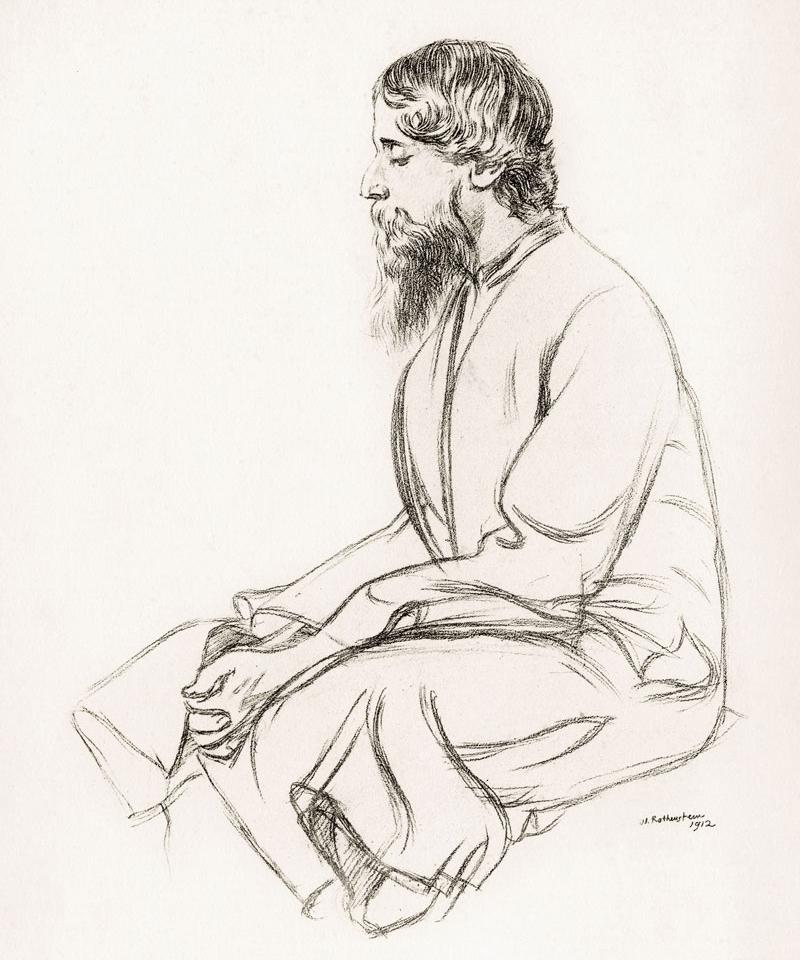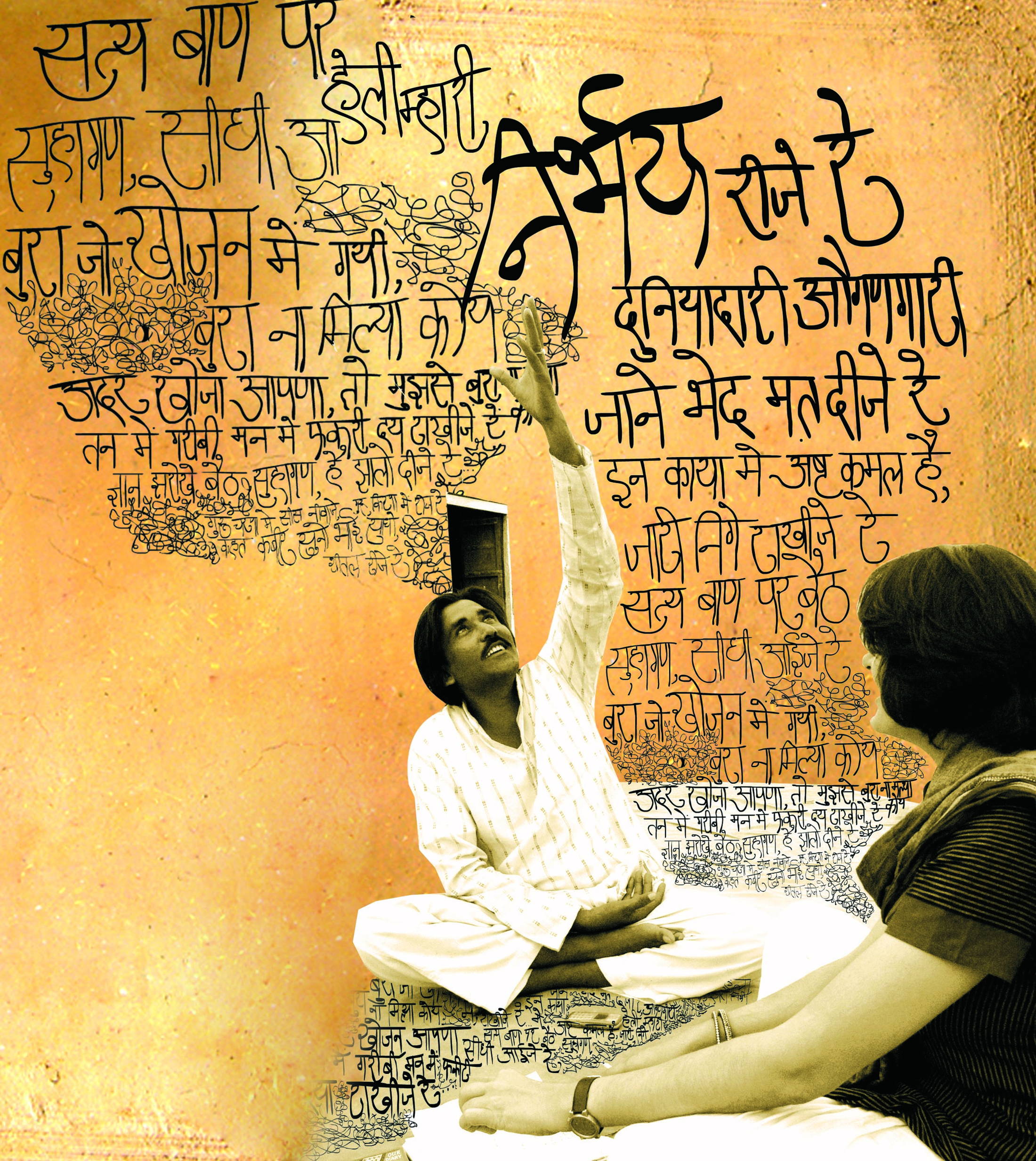Yunus Emre, a Sufi Poet from Anatolia
Article By Pinar Akhan
 It is said that anyone in Turkey – even the illiterate – will have heard of Yunus Emre. Although he is not as popular here as he is in Turkey, the new TV series “Yunus Emre” is one of the attempts to make him known in the English-speaking world.
It is said that anyone in Turkey – even the illiterate – will have heard of Yunus Emre. Although he is not as popular here as he is in Turkey, the new TV series “Yunus Emre” is one of the attempts to make him known in the English-speaking world.
What made him famous was not only his ability to write beautiful poems about Divine Love, but also his clarity and simple humanity that made most of his poems and ideas accessible to all. His life was a journey which began with a concern for the world around him and continued with an inward journey which was a time of learning and service over 40 years. Finally, he became a mystical poet who has influenced the whole of Anatolia and the Turkish language since the 13th century.
Emre lived in 13th century Anatolia during the Mongol invasions, when the rule of the Seljuk Turks had been seriously weakened, first by the attacks of the Crusades from the west and then through wars with the Mongols from the east. It was a time of social unrest, with riots, instability and political quarrels among sultans. As we can see in the lives of many philosophers and artists, such turmoil in society often forges remarkable characters; in Emre’s case, someone who tried to establish peace and unity in Anatolia with his humanistic ideas and efforts.
Yunus Emre was from a poor background and spent most of his time in deep contemplation. But at the same time, he was very concerned about the state of the society, everyone’s sorrow was Yunus Emre’s own sorrow.
During a famine, he travelled to one of the Sufi schools (dervish lodges) in Anatolia. It was the lodge of Haji Bektash Veli – the founder of Bektashi Sufi order – who was a famous master and was believed to be someone who could bring miraculous solutions to problems. Yunus Emre asked him if he could give him grain for his people and Haji Bektash Veli asked him back whether he wanted to have the grain sacks or “nefes” (the secret breath of blessing, benevolence and wisdom). After asking him for the third time, Yunus Emre still chose the grains.
On his way back, Yunus Emre realized he had made a mistake, he should have chosen “nefes” instead of grains. He went back to Haji Bektash Veli and asked him if he could give back the grains and take his “nefes” instead. Haji Bektash Veli said it was too late: his nefes was now in the hands of Tapduk Emre. So he found Tapduk Emre and stayed with him as his pupil for 40 years. After 40 years, he started to write poems and hymns, and travelled on foot across the steppes of Anatolia.
Yunus Emre’s story began with seeking solutions for the sorrow of others. In Sufism, the consciousness of the Real Self can be awakened only when one opens one’s heart. Others’ sorrow was the sorrow of Yunus Emre himself, it was the starting point when his heart opened and he was ready for a journey to awaken his consciousness. Consciousness begins with a question. When a person decides to ask he will find answers, even though in the beginning it may not make sense. The 40 years mentioned in the story also have a symbolic meaning, referring to the effort of one who wants to reach wisdom. It is not only studying knowledge in books, but also the effort to know oneself which Yunus Emre describes so beautifully in the couplets below:
Knowledge should mean a full grasp of knowledge:
Knowledge means to know yourself, heart and soul.
If you have failed to understand yourself,
Then all of your reading has missed its call.
Image Credits: By Zeynel Cebeci | Wikimedia Commons | CC BY-SA 4.0
The entity posting this article assumes the responsibility that images used in this article have the requisite permissionsImage References
By Zeynel Cebeci | Wikimedia Commons | CC BY-SA 4.0
Permissions required for the publishing of this article have been obtained




Did he really stay for 40 years in Tapduk’s lodge? Because according to other sources, it is about 20 years. The fact that he first was a judge for a good amount of time, as well as the fact that he was not present in the area when Tapduk died, makes 40 years of his life a bit unlikely.
REPLY:
Thank you for your comment. There are disagreements between scholars and as you have mentioned some resources state that he spent less than 40 years of his life in Tapduk Emre’s dergah. However, the general consensus seems to be that he spent about 40 years of his life with Tapduk Emre. Here are a few reliable sources which you can find confirming that he spent 40 years as his student. It is also worth to bear in mind that number 40 is usually considered to be a symbolic number and it may not mean literally that he actually spent 40 years physically being with him as his student.
https://www.britannica.com/topic/religion
https://www.encyclopedia.com/arts/culture-magazines/mystical-poetry-yunus-emre
https://islamansiklopedisi.org.tr/tapduk-emre
https://books.google.co.uk/books?id=0PfZDwAAQBAJ&pg=PA12&lpg=PA12&dq=yunus+emre+tapduk+emre+dergahinda&source=bl&ots=o2Fc527oYm&sig=ACfU3U1yncD9Y9RBuiPy0eirNsatfMbTFA&hl=en&sa=X&ved=2ahUKEwje6O7Yi_DpAhVFlFwKHR6DDKk4FBDoATABegQIChAB#v=onepage&q=yunus%20emre%20tapduk%20emre%20dergahinda&f=false
Was Younus emre a judge?